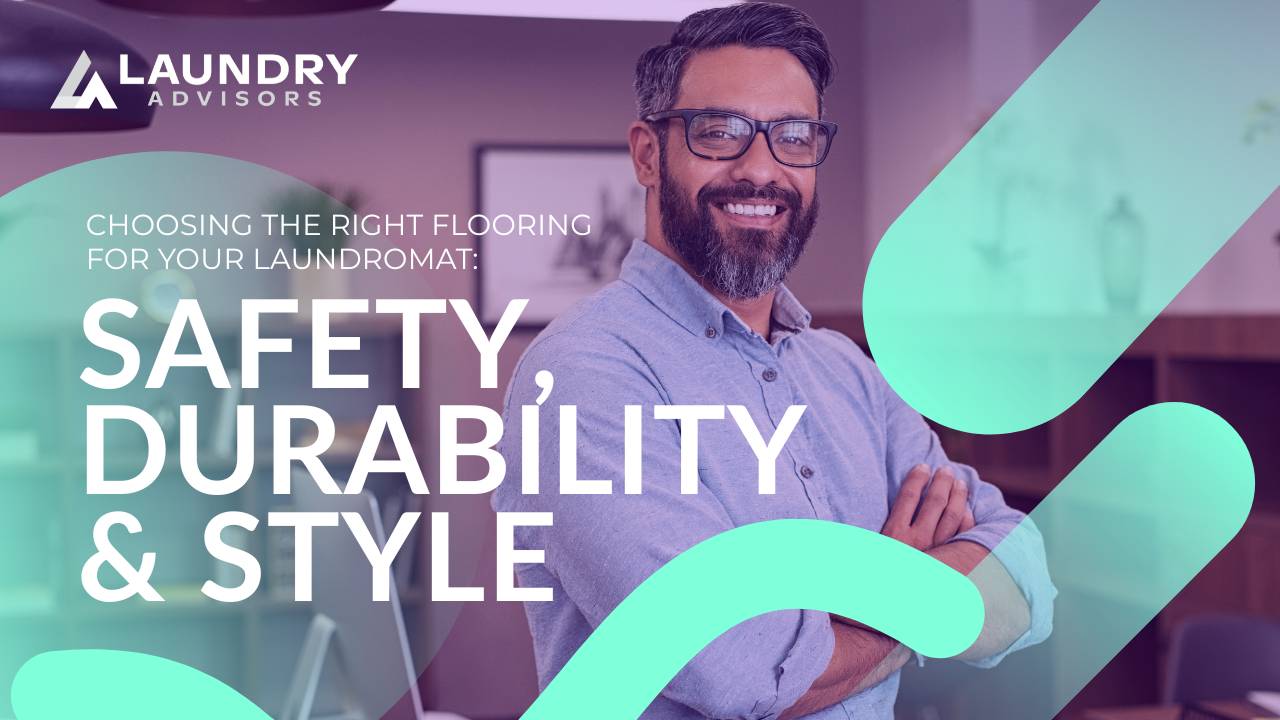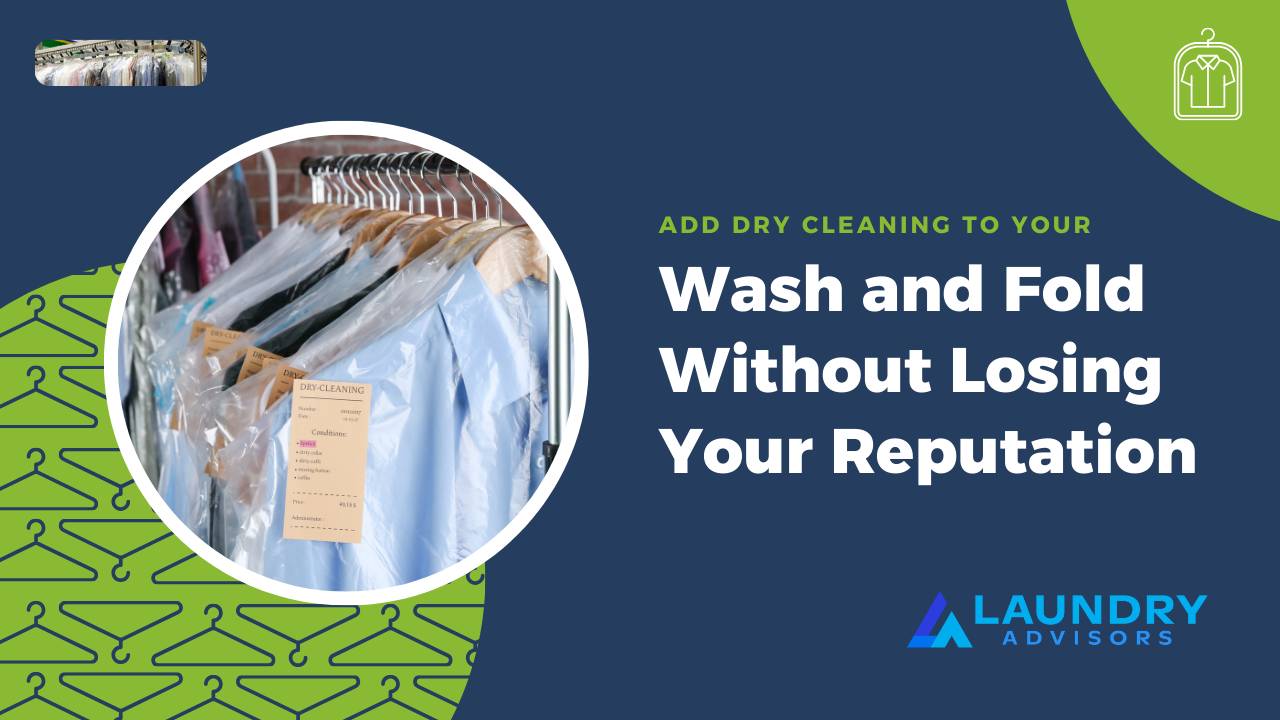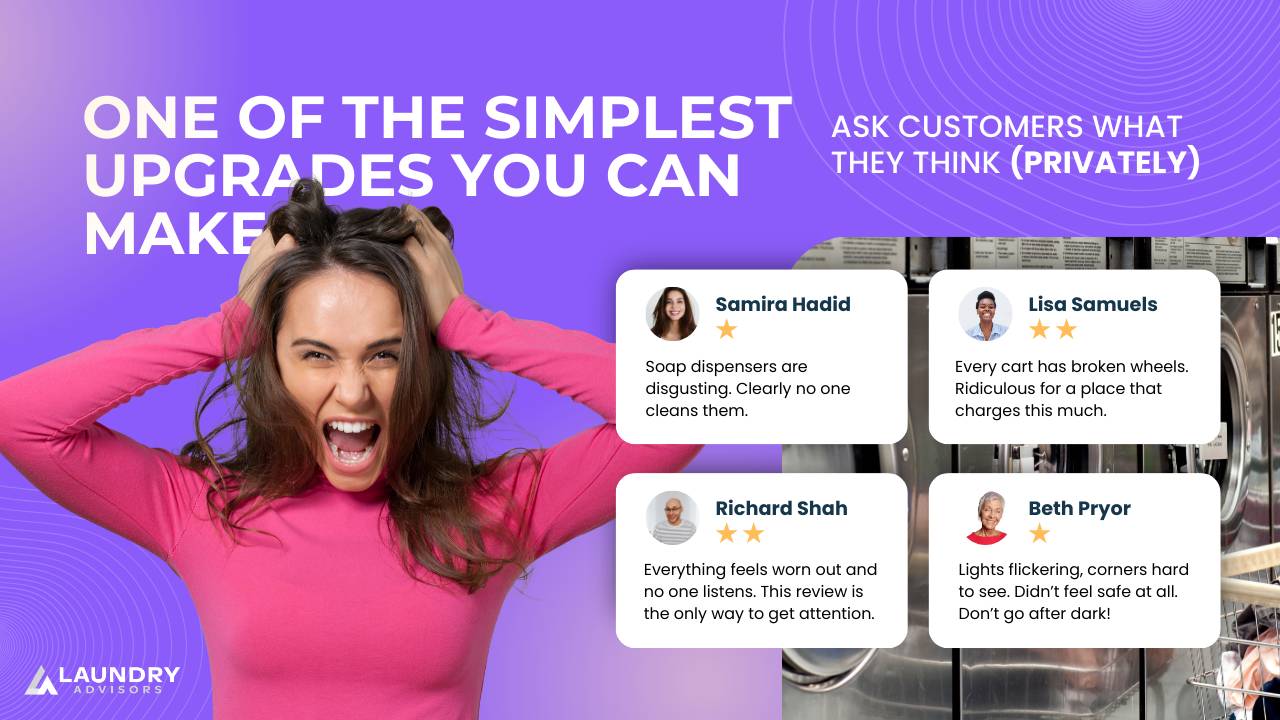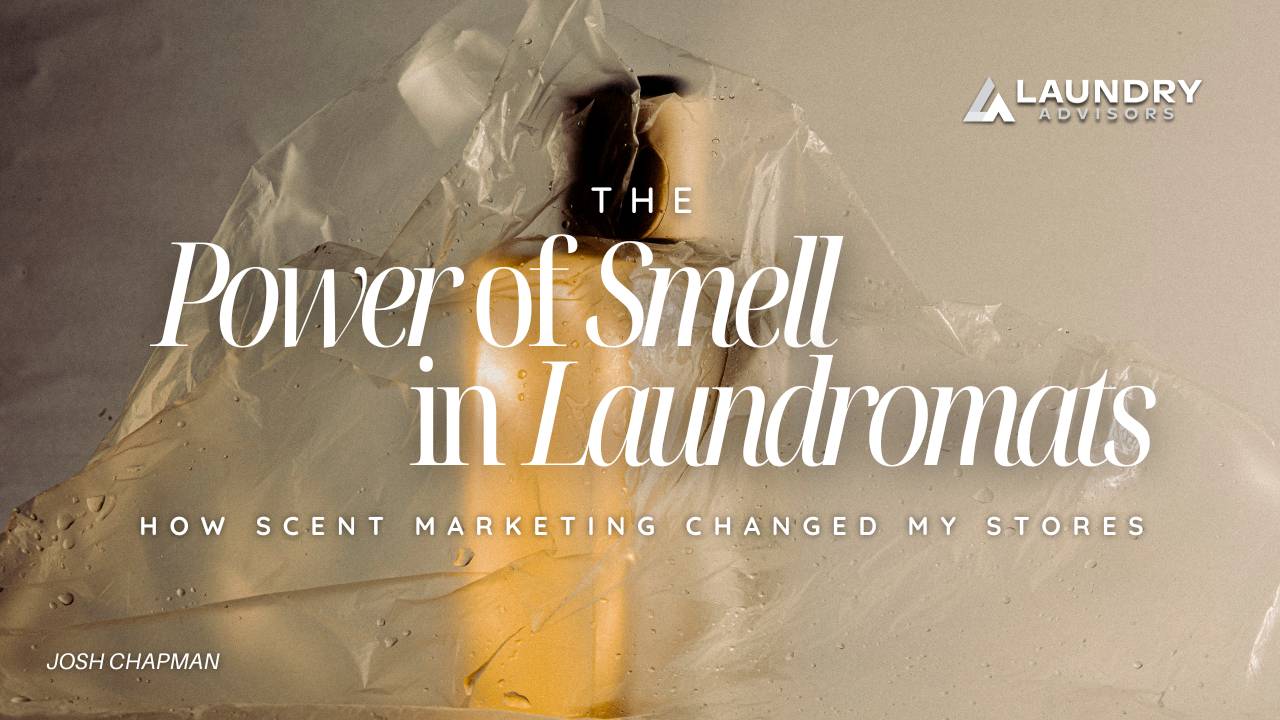Choosing the Right Flooring for Your Laundromat: Safety, Durability, and Style
Jun 09, 2025
When it comes to designing a laundromat that’s not just functional but also safe, attractive, and easy to maintain, one of the most important, yet often overlooked decisions is your flooring. Your floor literally supports every aspect of your business, from customers walking between machines to carts full of wet laundry rolling across it all day long.
So how do you choose the best flooring for your store?
Let’s break down some of the most common options, epoxy, stained concrete, and ceramic tile, along with their pros, cons, and suitability for a busy laundromat environment.
1. Epoxy Flooring: Durable & Seamless
Pros:
-
Seamless and waterproof
-
Resistant to chemicals and stains
-
Withstands heavy foot traffic and rolling hampers
-
Easy to clean
-
Can be customized in colors and patterns
Cons:
-
Can be slippery when wet (but this can be addressed)
-
Professional installation required
-
Surface preparation is critical for longevity
Tip: Add a clear coat silica grit during installation to greatly improve traction and prevent slip-and-fall accidents. This simple addition turns a slick epoxy surface into a much safer one for wet environments like laundromats.
2. Stained Concrete: Industrial Aesthetic with Strength
Pros:
-
Extremely durable
-
Low maintenance
-
Cost-effective for large areas
-
Customizable finishes with various stain colors and patterns
-
Great resistance to heavy rolling loads
Cons:
-
Porous without proper sealing (can absorb stains)
-
Can become slick when wet if not textured or treated
-
Can feel cold or “industrial” to some customers
Solution: Apply a clear protective sealer with non-slip additives or silica grit for better traction and a longer-lasting finish.
3. Ceramic Tile: Polished Look but Risky When Wet
Pros:
-
Attractive and professional appearance
-
Wide variety of colors and designs
-
Easy to mop and sanitize
-
Long-lasting when properly installed
Cons:
-
Can be very slippery when wet
-
Grout lines can collect dirt or mildew
-
Susceptible to cracking under heavy rolling loads
-
More labor-intensive and expensive to install
Important: If choosing tile, opt for textured, non-slip commercial grade tiles with narrow grout lines. Avoid high-gloss finishes at all costs in wet environments.
Key Considerations Before Choosing
As you weigh your options, consider the following:
-
Traffic Volume: Stores with high customer flow and constant cart traffic need materials that won’t crack or wear under pressure.
-
Water Exposure: Water spills are part of the game. Slip resistance is non-negotiable. Prioritize safety, especially in self-service areas.
-
Cleaning & Maintenance: Your floors must be easy to clean, resistant to mold/mildew, and maintain their appearance over time.
-
Aesthetic Goals: Flooring sets the tone for your store. Do you want a clean, industrial look, or a more modern, upscale vibe?
-
Budget: While flooring is a long-term investment, cost still matters—especially for large spaces. Balance upfront expense with lifecycle cost.
Our Recommendation
For most modern laundromats, epoxy or stained concrete with added silica grit or non-slip coating strikes the best balance between durability, safety, and cost-effectiveness. While ceramic tile might look sharp in a showroom, the risks of slips and the maintenance it requires make it a less ideal choice for high-traffic laundry environments.
If you're designing or renovating your laundromat, don’t underestimate the power of great flooring. It can influence how customers perceive your brand, how often accidents happen, and even how long your finishes hold up before needing costly repairs.
Need expert input on your store layout or renovation plan? At Laundry Advisors, we help laundromat owners make smart decisions that save money, reduce liability, and increase customer satisfaction. Join our community and let us help you build a store that works for you, from the ground up.



